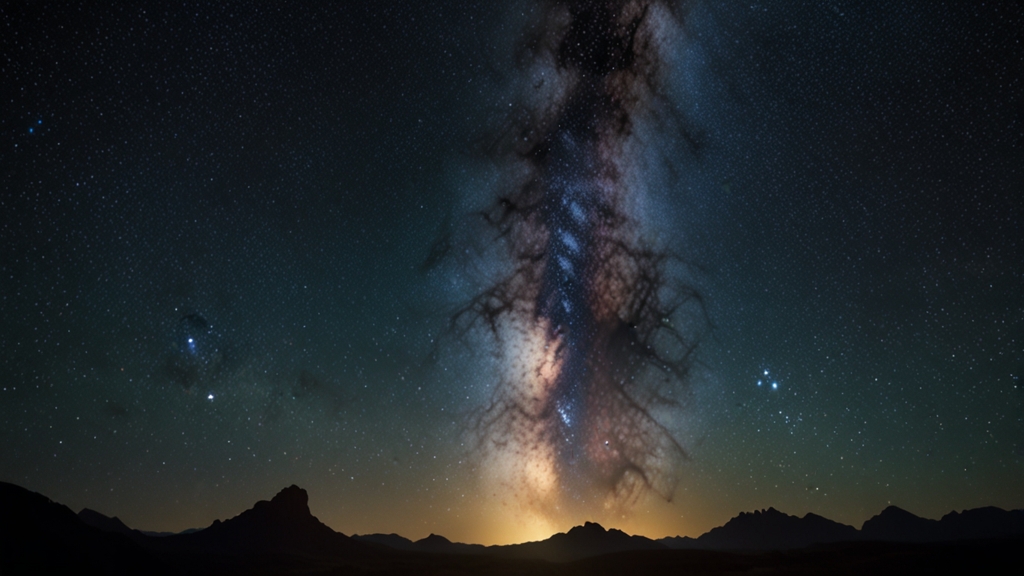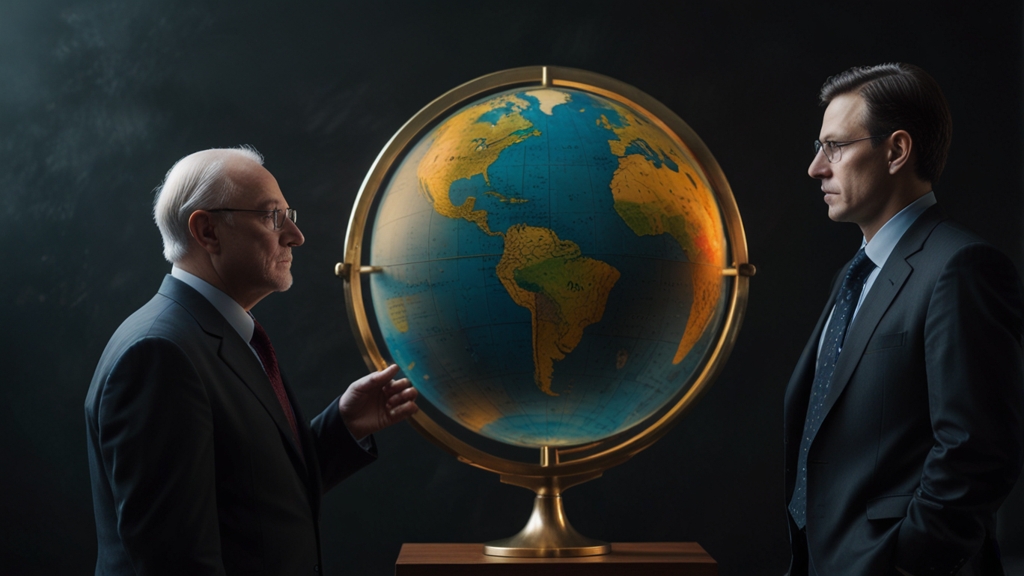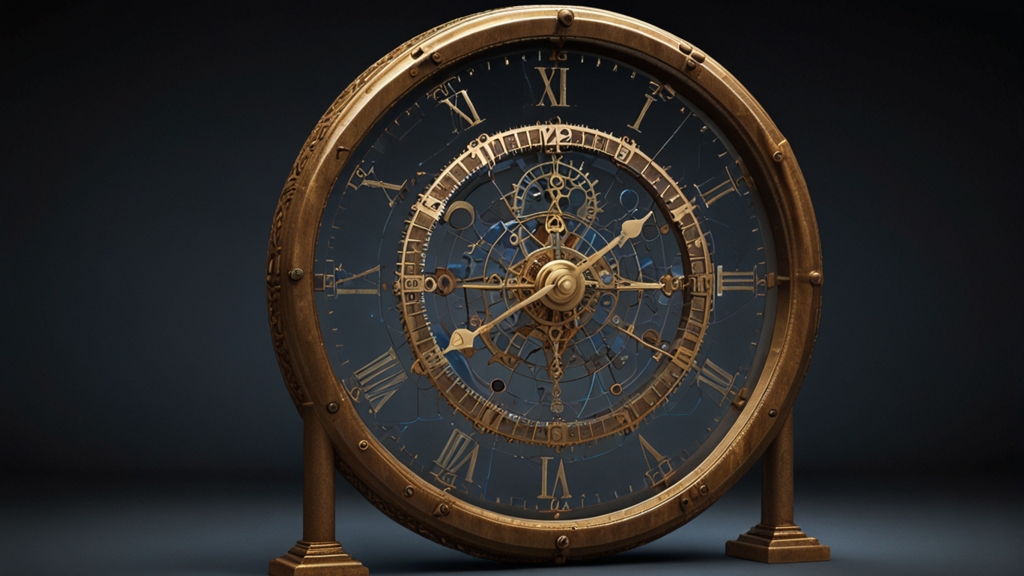The Role of Astrology in Ancient Egyptian Culture: A Deep Dive
Astrology played a significant role in the rich tapestry of Ancient Egyptian culture. It was far more than a method of fortune-telling; it was a philosophical system that intertwined with daily life, governmental policies, and religious practices. Ancient Egyptians believed that celestial bodies could influence events on earth, and they intricately mapped the skies to divine the will of the gods and the fate of man.
The Beginnings of Egyptian Astrology
Ancient Egyptian astrology can be traced back to early dynastic periods when the religion and rulership were inextricably linked. The priests, who were also astronomers and astrologers, observed the heavens meticulously and interpreted the signs as messages from deities. Egyptians split the zodiac into 36 decans, each representing a 10-day period, which played a part in both calendar-making and astrological charts.
The Astral Deities and Cosmic Order
In order to understand the sophistication of Egyptian astrology, one must recognize the importance of their astral deities. Deities like Ra, the sun god, were at the forefront of their celestial worship. The heliacal rising of Sirius, associated with the goddess Isis, marked the annual flooding of the Nile, an event critical to agriculture and survival. The intricate cosmology presented a cosmic order which was maintained by observing and interpreting celestial movements.
The heliacal rising of Sirius, called the "Sopdet" or "Dog Star" by the Egyptians, held a paramount position in their astrological and agricultural calendar. Its annual appearance heralded the inundation of the Nile, symbolizing renewal and rebirth.
Astrology in Governance and Society
Pharaohs and leaders often consulted astrological readings before making important decisions, whether it was to wage war, enact policies, or conduct large-scale constructions. The positioning of temples, pyramids, and other structures frequently aligned with certain stars or prominent celestial events, underscoring their belief in the divine order and the influence of the heavens.
The knowledge of the star's movements and their reputed influences accompanied everyday life. Various papyri have been discovered that detail horoscopes, celestial maps, and birth charts, indicating that astrological readings were accessible beyond the priesthood and ruling elites, reaching the general populace as well.
Examples of such documents include The Cairo Calendar and the Dendera Zodiac. These artifacts give modern-day researchers significant insights into how deeply astrology was woven into the fabric of Egyptian life and culture.
Astrology and Religion: An Interwoven Fabric
Religion and astrology were two sides of the same coin in Ancient Egypt. The temples often acted as centers of both worship and astronomical observation. The ancient texts such as The Book of the Dead offer glimpses into the celestial beliefs of the Egyptians, where the journey of the soul after death was envisioned as a stellar voyage accompanied by celestial guardians and challenges.
Legacy of Egyptian Astrology
The legacy of Egyptian astrology is a testament to their sophisticated understanding of celestial phenomena and its consequences on earth. Their meticulous observations and recordings eventually influenced subsequent civilizations, including the Greeks and the Romans, contributing to the broader history of astronomy and astrology.
The rich heritage left by the Ancient Egyptians continues to fascinate and influence modern astrology, bridging ancient wisdom with contemporary understanding of the celestial sphere.
In conclusion, astrology in Ancient Egyptian culture was a multi-dimensional practice that connected governance, religion, and daily life into a cohesive worldview. Their comprehensive understanding and belief in the influence of the stars have left an indelible mark on the annals of history, reflecting the compelling intersection of humanity and the cosmos.





